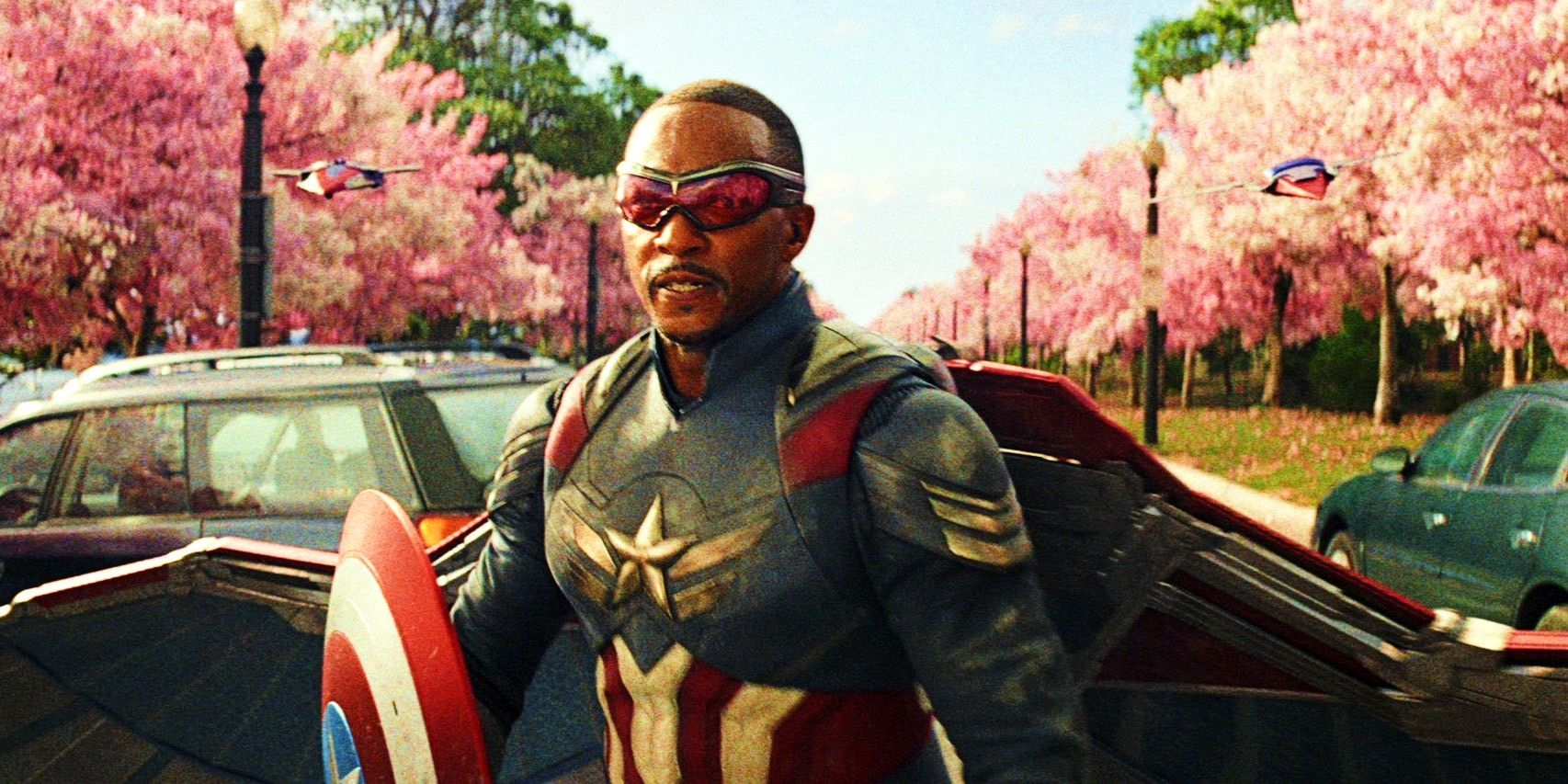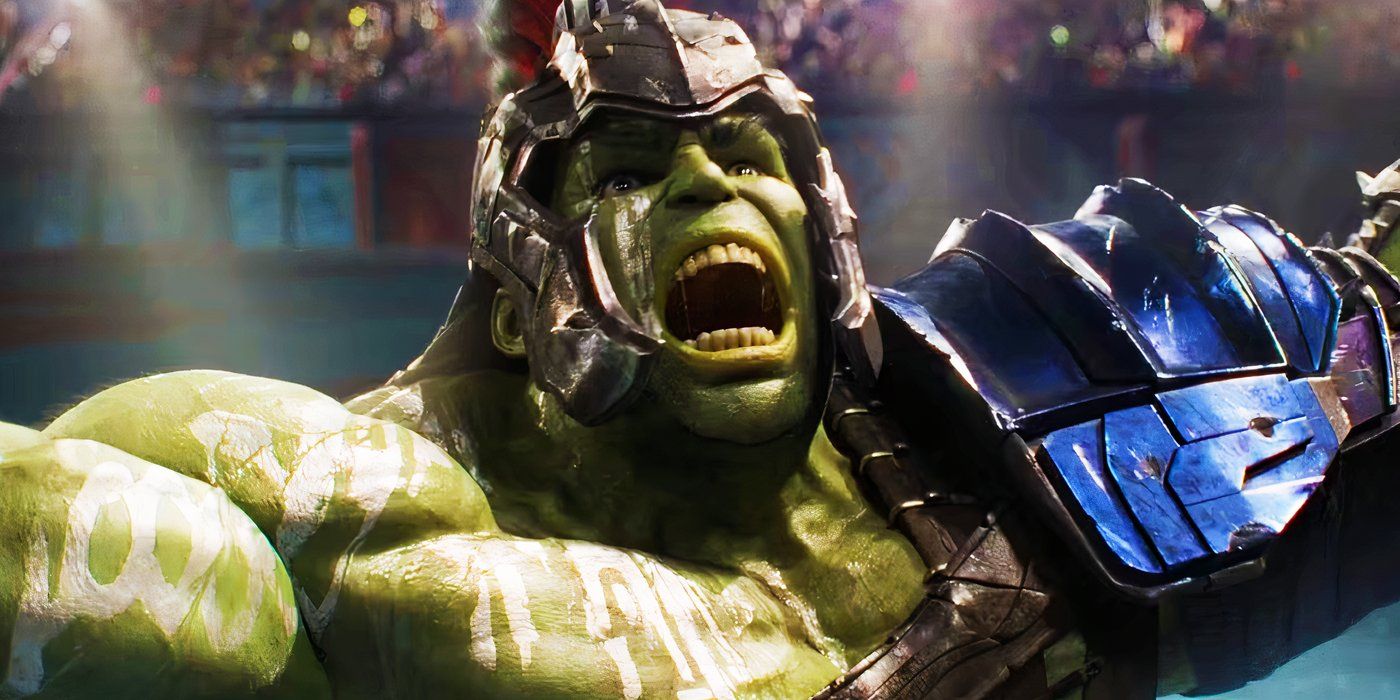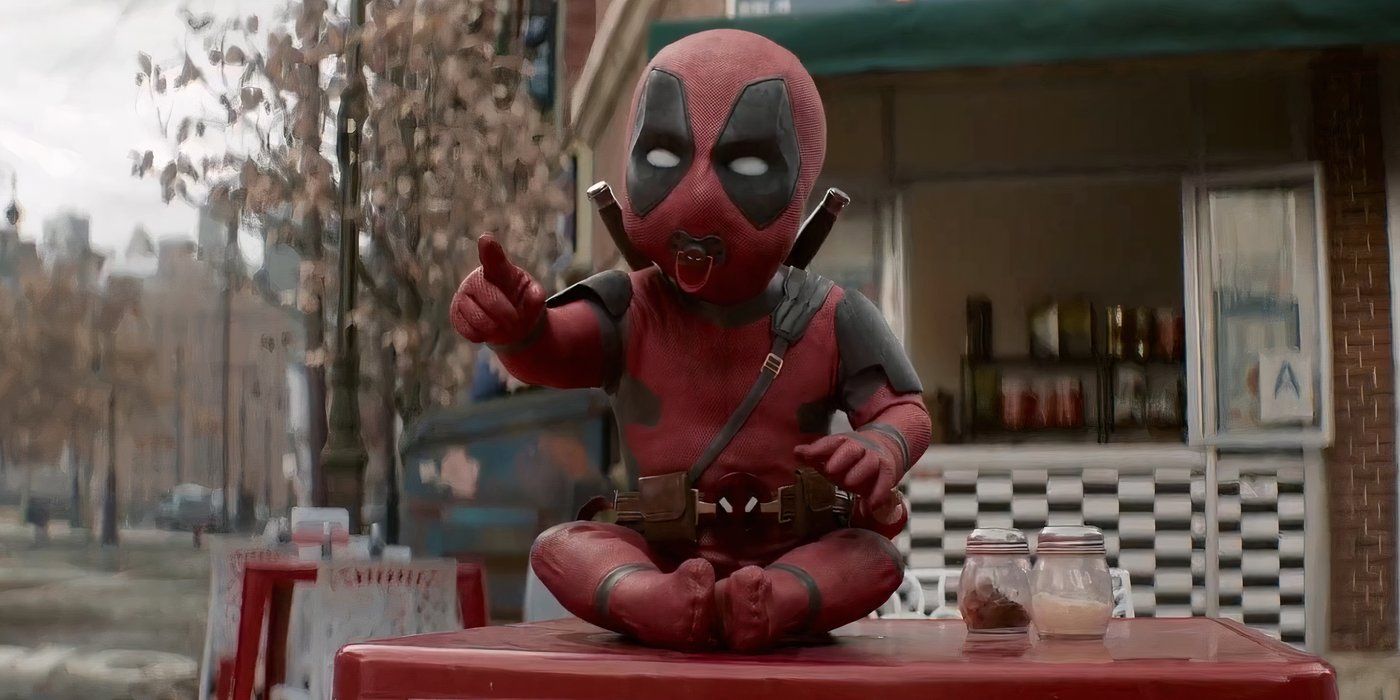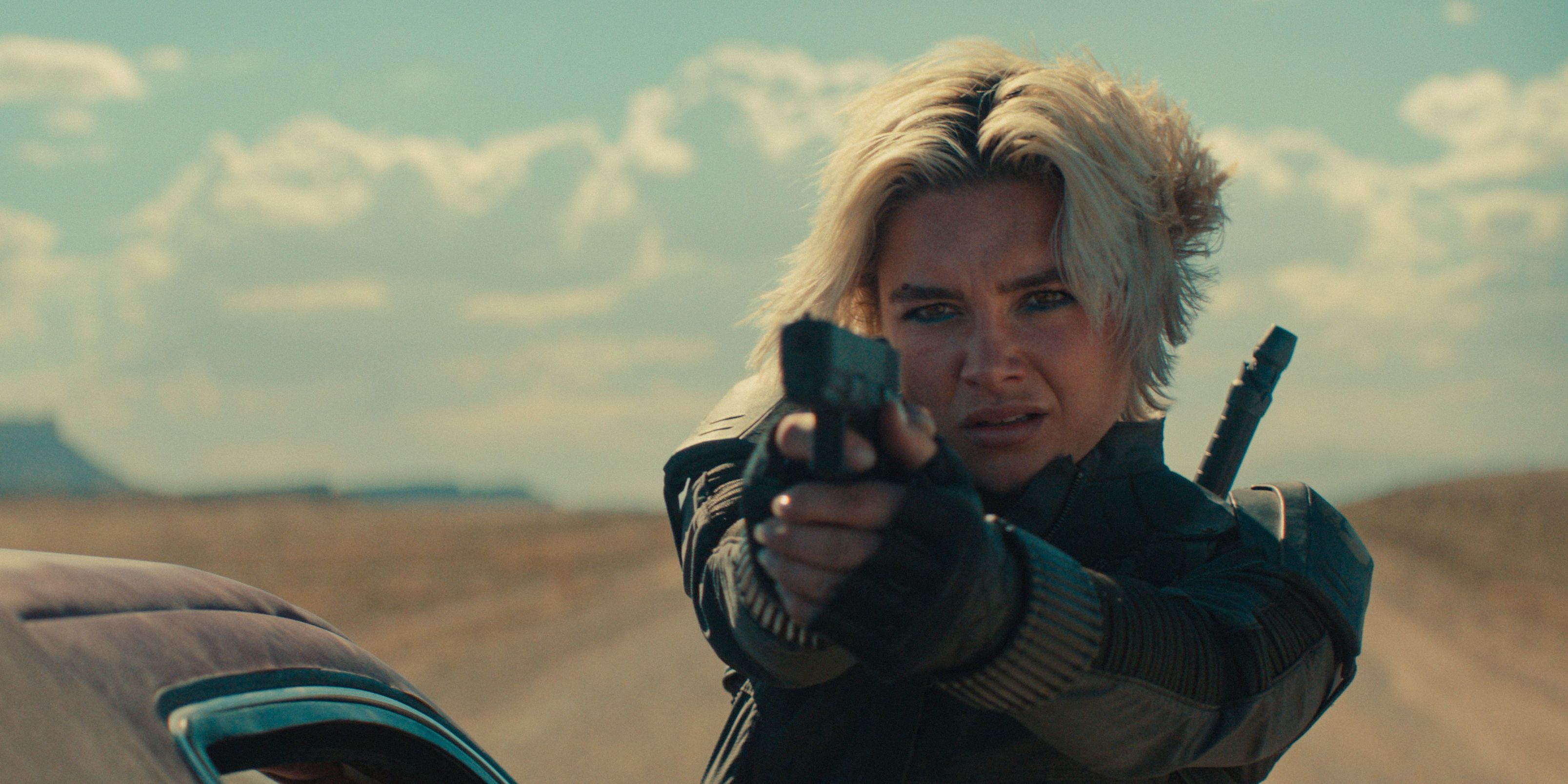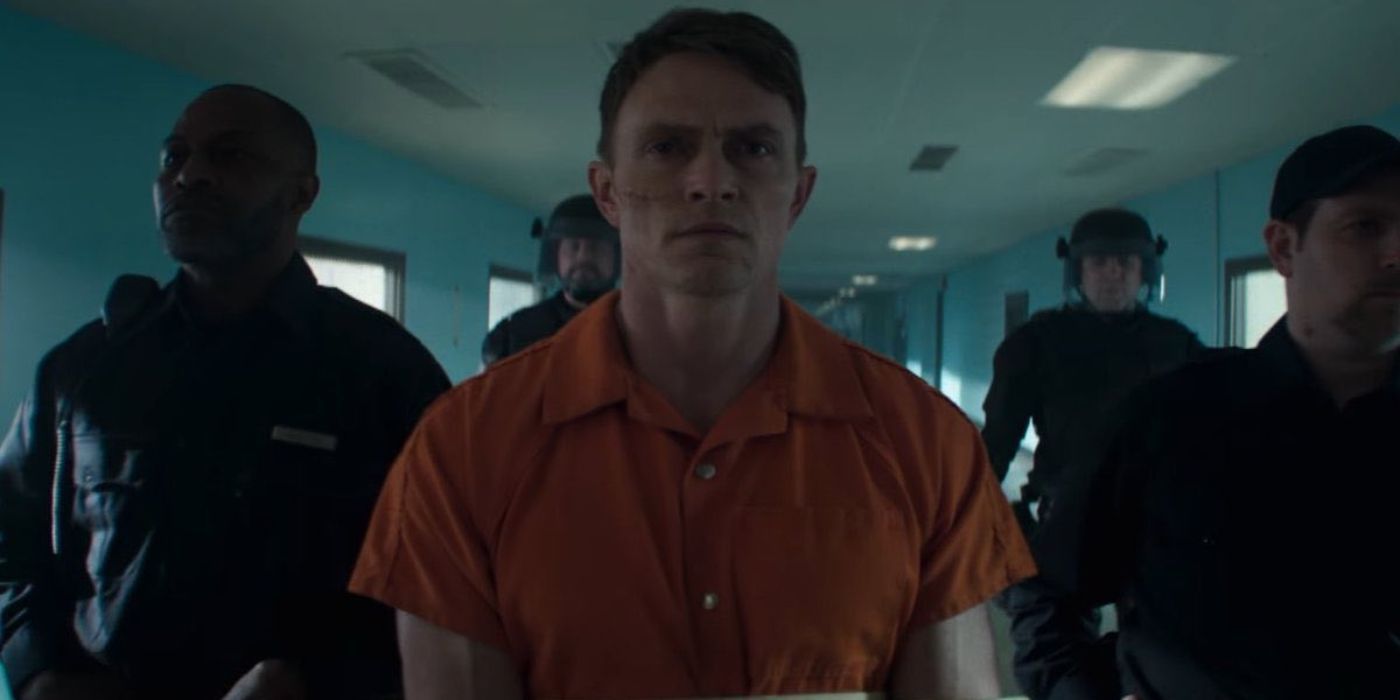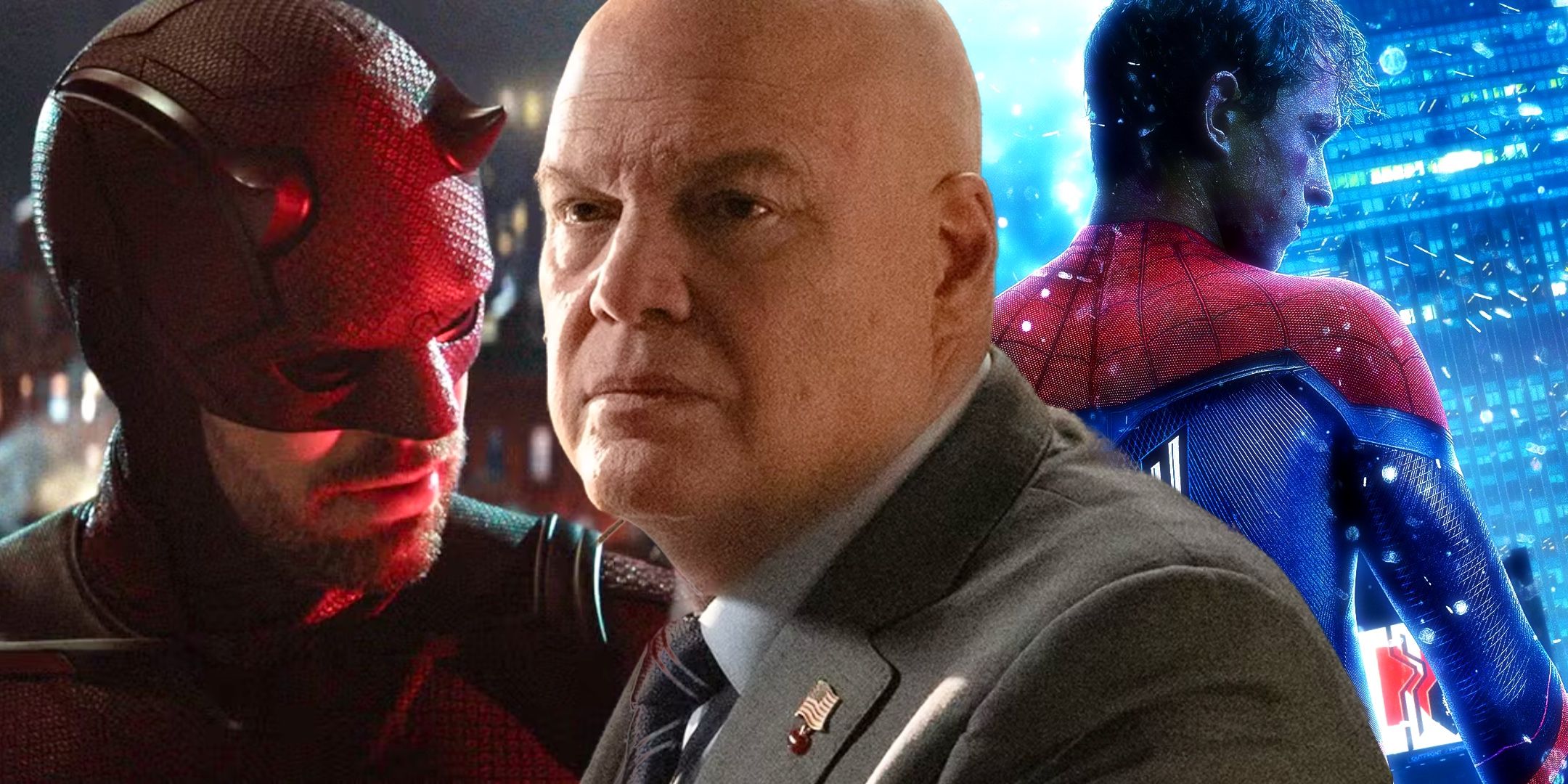20 Years Ago, Blade Trinity"s Rejected First Pitch Was What The MCU Needs For 2025"s Reboot
Summary- Blade: Trinity's original post-apocalyptic concept could be the key to a successful MCU reboot in 2025.
- The MCU's Blade movie has faced multiple setbacks but a simplified post-apocalyptic setting could be the answer.
- Blade could transition into the mainline MCU through the events of Avengers: Secret Wars, offering a unique twist.
Michael Green is set to be the final choice for Blade's screenwriter, with initial director Bassam Tariq being replaced by Yann Demange. As evident, Blade's production has been much more troubled than the original Blade trilogy 20 years ago. This trilogy, starring Wesley Snipes as Eric Brooks/Blade, consisted of 1998's Blade, 2002's Blade II, and 2004's Blade: Trinity. Although the latter film turns 20 years old in 2024, Blade: Trinity's original story idea may prove to be exactly what the MCU needs to craft a fantastic Blade reboot.
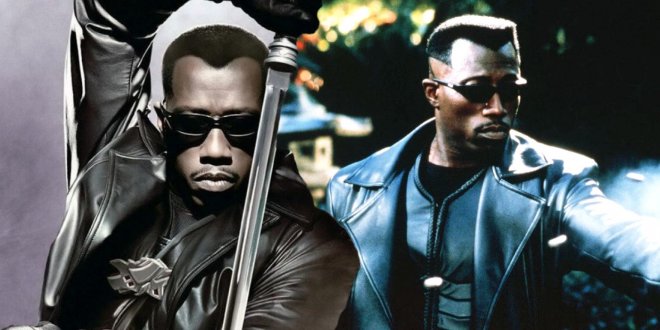 Related 10 Harsh Realities Of Rewatching The Blade Trilogy The Blade trilogy may remain a beloved piece of superhero movie history, but rewatching the films brings some harsh truths about them to light.
Related 10 Harsh Realities Of Rewatching The Blade Trilogy The Blade trilogy may remain a beloved piece of superhero movie history, but rewatching the films brings some harsh truths about them to light.David S. Goyer Revealed Blade: Trinity Was Almost Very Different Blade: Trinity Was Almost A Post-Apocalyptic Marvel Movie Close The original Blade trilogy was written by David S. Goyer, with the screenwriter taking up directing duties for Blade: Trinity. In a set visit recorded on Comingsoon.net from 2004, some initial plans Goyer had for Blade: Trinity were outlined. As revealed by Goyer, his first idea for Blade: Trinity involved setting the film in a post-apocalyptic future. The film was, at first, going to be based on I Am Legend, the 1954 novel that popularized the modern depiction of vampires and zombies in media.
Film
U.S. release date
Director(s)
Screenwriter(s)
Producer(s)
Blade
August 21, 1998
Stephen Norrington
David S. Goyer
Peter Frankfurt, Wesley Snipes, and Robert Engelman
Blade II
March 22, 2002
Guillermo del Toro
Peter Frankfurt, Wesley Snipes, and Patrick Palmer
Blade: Trinity
December 8, 2004
David S. Goyer
Peter Frankfurt, Wesley Snipes, David S. Goyer, and Lynn Harris
In Goyer's original idea, Blade would be shown navigating a post-apocalyptic world after vampires had become the more dominant race on Earth. As Eric Brooks ages slower due to his half-vampire traits, he would have been living in a world in which humans lived in camps to provide sustenance to vampires. The vampires would have unleashed a virus into the air that causes sunlight to shine for only two hours a day, giving the dark-dwelling creatures more freedom.
However, Goyer went back on this idea as he felt much of the fun of the Blade movies came from Brooks being set in the real world. That said, some of these ideas did make it into Blade: Trinity. One such concept is the idea that Blade: Trinity's villainous vampires would make "blood farms" where humans are kept for them to feed on. Also, the concept of a virus was rewritten into the Daystar virus from Blade: Trinity, which eventually killed all vampires on Earth.
 Related 10 Over-Looked Positives Of Rewatching Blade: Trinity 20 Years Later Blade: Trinity has an infamously bad reputation, but it has numerous great features that become more evident rewatching the movie years later.
Related 10 Over-Looked Positives Of Rewatching Blade: Trinity 20 Years Later Blade: Trinity has an infamously bad reputation, but it has numerous great features that become more evident rewatching the movie years later.A Post-Apocalyptic Blade Is Simple Enough To Work The MCU's Blade Could Be Set In A Post-Apocalyptic Landscape
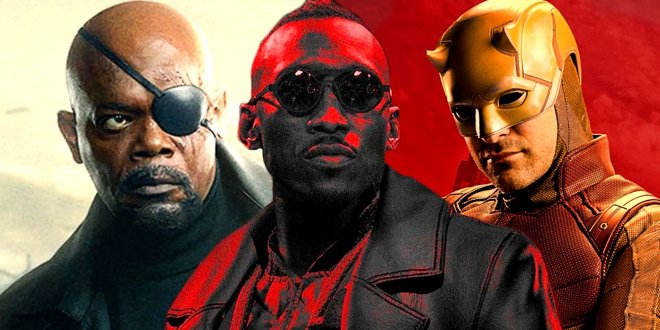 While several ideas of the initial Blade: Trinity script may not be ideal for the MCU, the concept of a post-apocalyptic Blade film is simple enough to work for the reboot. One of the more prevalent questions surrounding the MCU's Blade and its many production issues is audiences asking why it is so hard to make a movie about the titular character hunting vampires. Naturally, the various screenwriters attached to the MCU's Blade will want to imbue the film with their voices, themes, and deeper elements atop the simplified story of Eric Brooks hunting his blood-sucking enemies.
While several ideas of the initial Blade: Trinity script may not be ideal for the MCU, the concept of a post-apocalyptic Blade film is simple enough to work for the reboot. One of the more prevalent questions surrounding the MCU's Blade and its many production issues is audiences asking why it is so hard to make a movie about the titular character hunting vampires. Naturally, the various screenwriters attached to the MCU's Blade will want to imbue the film with their voices, themes, and deeper elements atop the simplified story of Eric Brooks hunting his blood-sucking enemies. That said, the many issues the film has faced have led many to call for a simplified version of Blade in the MCU. With a post-apocalyptic setting, Blade could provide exactly this. The film could use the advantages that the MCU's multiverse supplies by being set in its own separate universe, with Brooks traveling across a desolate landscape to foil the plans of his vampire enemies. This would simplify the story to the basics that audiences desire, all while avoiding the pitfalls of having to tie into pre-established MCU lore.
X-Men '97 and The Fantastic Four prove the benefits of having movies set in separate universes to the MCU's main continuity.
Blade Could Still Come To The Mainline MCU One Upcoming MCU Film Would Allow Blade To Transition Into The Franchise's Main Continuity
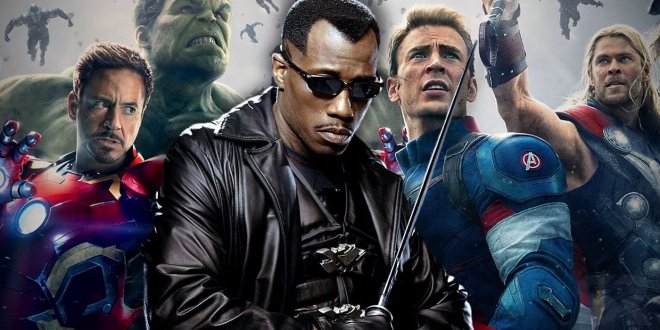 Although Blade's theorized alternate-universe setting may disappoint those who wish the character to be part of the MCU, one upcoming film could allow both to be possible. Blade could tell its own, self-contained story that focuses on what makes the character so great, fleshing him out and making him sympathetic to MCU audiences. After this, Blade could be brought into the mainline MCU via the events of 2027's Avengers: Secret Wars story. Avengers: Secret Wars is expected to follow the events of the comic book it is titled after, at least in terms of bringing several facets of the MCU multiverse together.
Although Blade's theorized alternate-universe setting may disappoint those who wish the character to be part of the MCU, one upcoming film could allow both to be possible. Blade could tell its own, self-contained story that focuses on what makes the character so great, fleshing him out and making him sympathetic to MCU audiences. After this, Blade could be brought into the mainline MCU via the events of 2027's Avengers: Secret Wars story. Avengers: Secret Wars is expected to follow the events of the comic book it is titled after, at least in terms of bringing several facets of the MCU multiverse together. Blade's theorized universe could collide with others in Avengers: Secret Wars before the film ends with him in the mainline MCU along with his vampire enemies. This would not only provide the advantage of Blade being among the MCU's other characters, but it could also provide the origin story for the MCU's vampires, thus explaining why they had not been seen in the franchise before that point. This would essentially make Blade a reverse Logan, linking neatly to screenwriter Michael Green, with the character having his standalone story first before being thrust into a lived-in universe.
 Blade: Trinity pg-13 In Blade: Trinity, Wesley Snipes' Daywalker returns one final time to fight Dracula himself. This time, Eric Brooks is accompanied by his friend Whistler's daughter Abigail (Jessica Biel) and the former vampire Hannibal King (Ryan Reynolds), who work together as the vampire-hunting team "The Daystalkers" to stop Danica Talos (Parker Posey) and end the war between humans and vampires once and for all.
Blade: Trinity pg-13 In Blade: Trinity, Wesley Snipes' Daywalker returns one final time to fight Dracula himself. This time, Eric Brooks is accompanied by his friend Whistler's daughter Abigail (Jessica Biel) and the former vampire Hannibal King (Ryan Reynolds), who work together as the vampire-hunting team "The Daystalkers" to stop Danica Talos (Parker Posey) and end the war between humans and vampires once and for all.Director David S. Goyer Release Date December 8, 2004 Writers David S. Goyer , Marv Wolfman , Gene Colan Cast Wesley Snipes , Kris Kristofferson , Dominic Purcell , Jessica Biel , Ryan Reynolds , Parker Posey Runtime 123minutes
[圖擷取自網路,如有疑問請私訊]
|
本篇 |
不想錯過? 請追蹤FB專頁! |
| 喜歡這篇嗎?快分享吧! |
相關文章
tag_marvel








